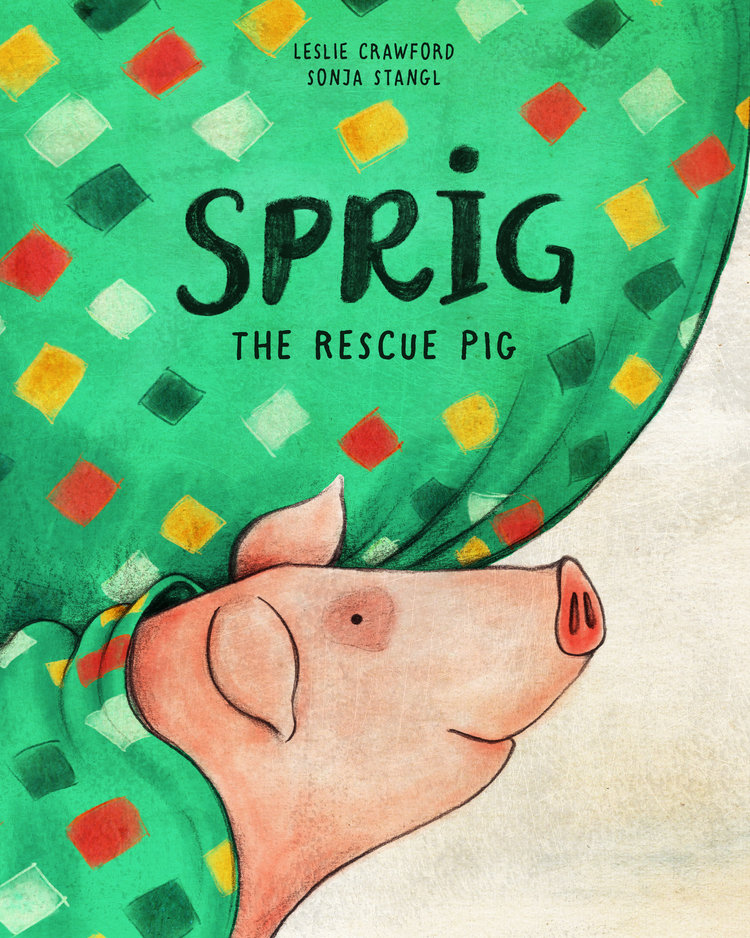Want to be a beekeeper? What to know before buying your bees
I am often asked why, five years ago, I decided to become a backyard beekeeper. Thinking back, I cannot remember a single defining reason other than my deep concern for the fate of honeybees (apis mellifera), which have been dying out in droves, and the conviction that anyone who can keep bees should keep bees. I'd also observed that I was seeing far fewer bees in my garden, and this troubled me greatly.
During the first year of my retirement from teaching, I prepared to become a beekeeper in every way I could think of. I attended bee school at the community college, joined the local beekeepers association, read books, watched videos, talked to other beekeepers, and gathered all the necessary clothing and equipment.
The day Alison installed bees in her first hive.
When I finally bought my first bees from a local beekeeper, nothing could have prepared me for how nervous I was when I installed those first frames buzzing with fat, healthy bees and a queen! I felt an overwhelming sense of responsibility. I also realized how little I really knew about beekeeping even after a year spent prepping for it.
Since then I've learned that beekeeping is like teaching or practicing law or medicine, and so many other things. Until you've actually done it and gotten some experience under your belt, all the reading and classroom time in the world doesn't truly prepare you for the real thing.
I love beekeeping but there are plenty of times the work is heavy, hot, tiring, and extremely sticky. It's vital you do your homework and make sure you want to be a beekeeper before investing in hives, or wooden ware, clothing, tools and other equipment - all of which can quickly run into the hundreds of dollars.
So what's the best way to prepare for this rewarding and eco-friendly hobby and be sure it's right for you?
Alison inspecting a hive frame - the structural element that holds the honeycomb.
Talk to the experts. Find other local beekeepers, and ask lots of questions. See if there’s a bee school, club or other program in your town or city, and enroll.
Read, read, read. There are thousands of books on beekeeping, but arguably one of the best resources is The Beekeeper's Handbook (Fourth Edition) by Sammataro and Avitabile. Buy it, begin reading, and you will soon discover the breadth, complexity and responsibility that go into this amazing hobby.
Figure out where to locate your beehives. You don't need to live on acres of land to keep bees. You can keep bees in small spaces, and even on rooftops in urban areas. My own bee yard of three colonies is in the side yard of my suburban home on a modest 1/4 acre where they face south and get ideal morning sun and some protection from the elements.
Check the legality of owning bees. Before you invest in any equipment, be sure to check local ordinances where you live.
Talk to your neighbors. Make sure the ones living next door are okay with having a bee yard close by. If one of them has a child with a bee sting allergy, you should probably not begin beekeeping until they move, or you do.
Related articles:
For beekeepers, spring can be a time to count losses and rebuild
Alison Evans is a writer who recently completed her Master Beekeeper's Apprenticeship with the Oregon State University Extension.







